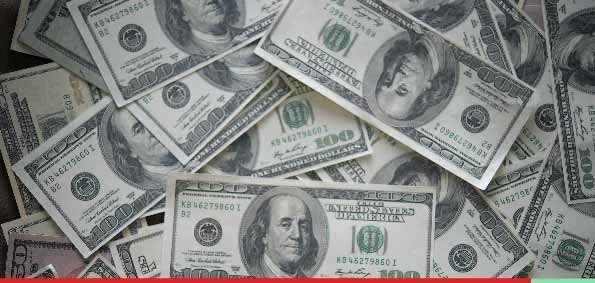Published
3 years agoon

You might have heard about the Pandora papers in the news and wondered, “What is this new-age Pandora’s box, and what’s in it?”
So, what is it?
The Pandora Papers are a leak of about 12 million documents that expose hidden riches, tax evasion, and money laundering by some of the world’s wealthiest and most powerful people. For months, more than 600 journalists from 117 countries combed through 14 sources’ data, uncovering tales that were published this week.
The International Consortium of Investigative Journalists (ICIJ) in Washington DC received the information.
The Pandora Papers contain 6.4 million documents, including three million photos, over a million emails, and nearly half a million spreadsheets.
So far, the following stories have been revealed:
The documents reveal how some of the world’s most prominent people, including more than 330 lawmakers from 90 nations, hide their money through secret offshore businesses.
These people, according to Lakshmi Kumar of the US think tank Global Financial Integrity, “are able to funnel and syphon money away and hide it,” typically through the use of anonymous corporations.
How big is the Pandora Papers leak?
| Sources | Files | Data |
| 14 | 11,903,676 | 2.94 TB |
How do the files break down?
| Documents | Images | Emails | Spreadsheets | Others |
| 6,406,119 | 2,937,513 | 1,205,716 | 467,405 | 886,923 |
How does Pandora compare with previous leaks?
| Year | Data | Files | |
| Offshore Leaks | 2013 | 260 GB | 2.5 million |
| Panama Papers | 2016 | 2.6 TB | 11.5 million |
| Paradise Papers | 2017 | 1.4 TB | 13.4 million |
| Pandora Papers | 2021 | 2.94 TB | 11.9 million |
GB: Gigabyte, 1,000GB = 1TB, TB: Terabyte
____________________________________________________
Source: International Consortium of Investigative Journalists
The Pandora Papers expose complicated cross-border networks of corporations, which frequently result in undisclosed money and asset ownership.
Someone may hold property in the United Kingdom, but it is owned through a network of businesses situated in other countries, or “offshore.”
These are the countries or territories off the coast of the United States where:
Tax havens or secrecy jurisdictions are terms used to describe these locations. There is no official list of tax havens, however, the most well-known locations include British Overseas Territories like the Cayman Islands and the British Virgin Islands, as well as countries like Switzerland and Singapore.
According to the UK government, tax evasion “involves functioning within the letter, but not the spirit, of the law.” There are genuine reasons why people may want to keep money or assets in different countries, such as to protect themselves from criminal attacks or to protect themselves from unstable governments.
It’s as simple as forming a shell business in one of the countries or jurisdictions with high levels of secrecy. This is a firm that exists just in name, with no employees or offices, and it can be established anywhere in the world.
However, it is not free. You pay a specialist firm to set up and administer a shell company on your behalf. These companies might provide an address as well as the names of paid directors, leaving no trace of who is really behind the business.
It’s impossible to say for sure, but the ICIJ reports that estimates have varied from $5.6 trillion to $32 trillion. According to the International Monetary Fund, tax havens cost governments around the world up to $600 billion in missed taxes each year.
It is harmful to the rest of society, according to Ms Kumar: “The ability to hide money has a direct influence on your life… it affects your child’s access to education, health, and a home.”
Legislation requiring property owners in the United Kingdom to reveal who they belong to has yet to be submitted to MPs. The United Kingdom has been chastised for allowing the property to be owned by anonymous foreign corporations. According to a 2019 parliamentary study, the UK system attracts “money launderers” who want to utilise the property to hide illicit funds.
It claims that when parliamentary time permits, it would establish a register of offshore businesses with UK property.

